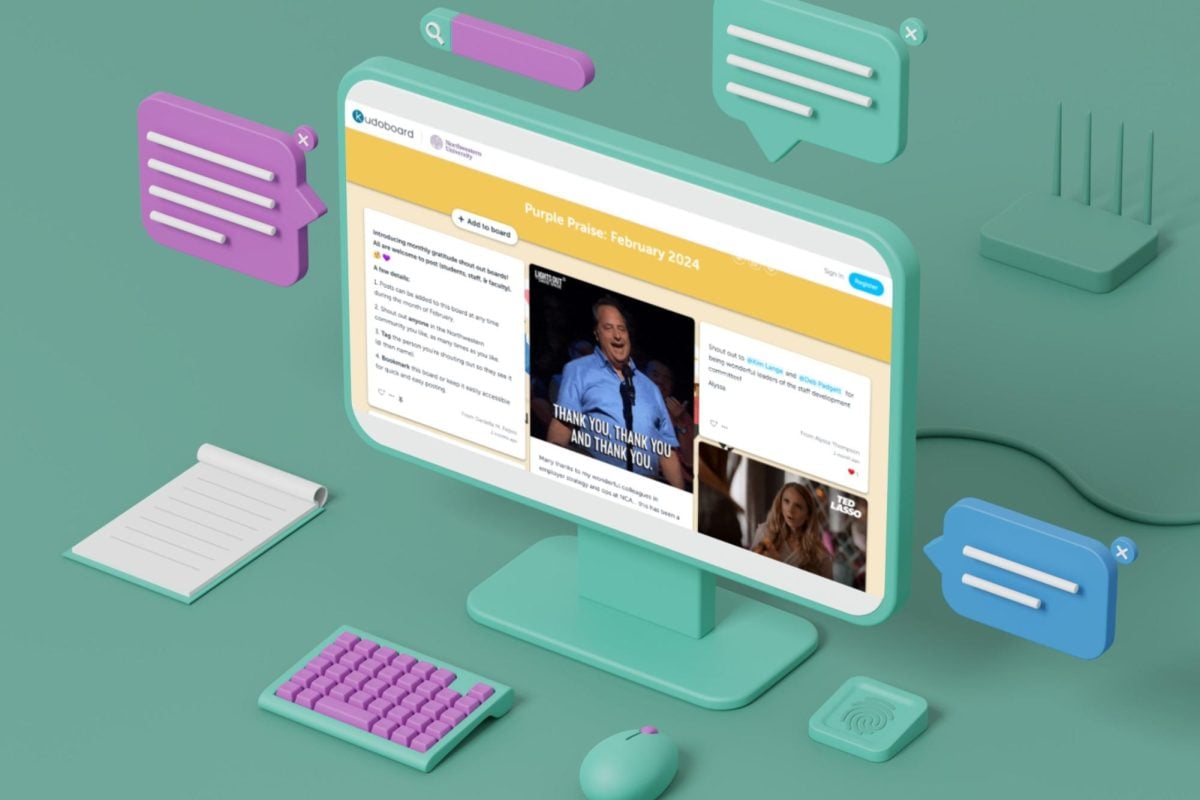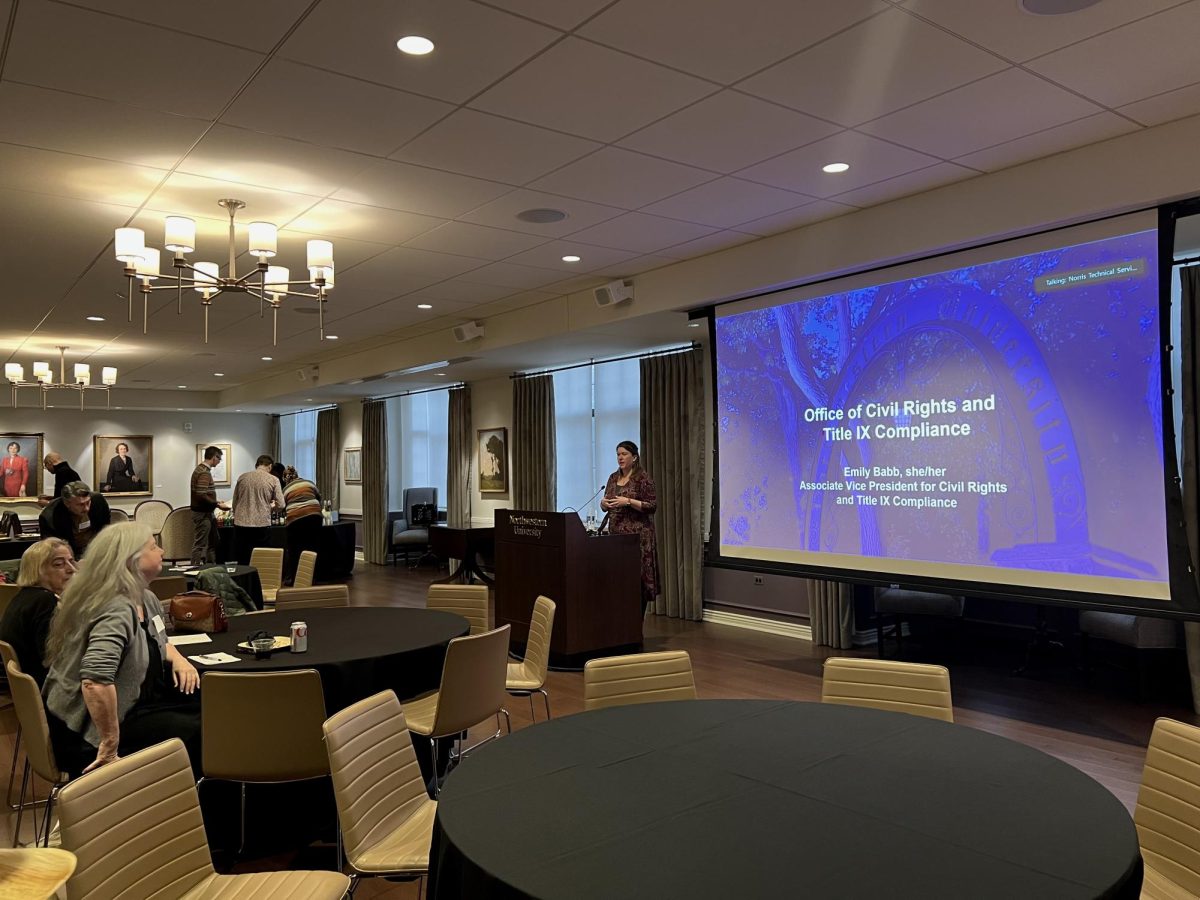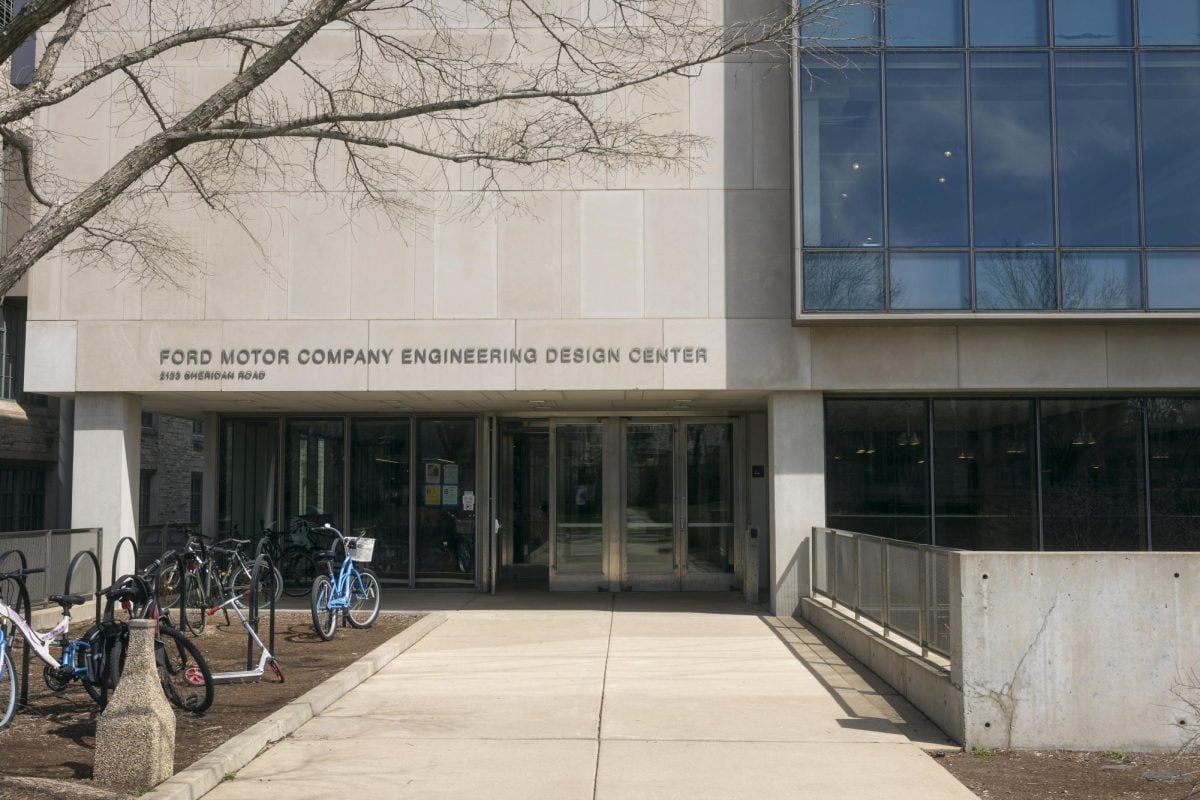In the past few months, lending policies have changed dramatically for Northwestern’s student borrowers.
However, some students are still unsure how or if they are affected, partly because some of the changes won’t be implemented for years.
“In general, I haven’t seen the changes,” said SESP sophomore Nadia Ahmed, who said she has Stafford Loans as part of her financial aid package. “Anything regarding finances at all makes me uncomfortable.”
Prior to congressional and University changes earlier this year, some loans were provided by private banks that competed by offering different benefits.
The NU loan program is now a one-stop-shop system after the University switched from the Federal Family Education Loan Program to the William D. Ford Federal Direct Loan Program earlier this year. The changes will take effect for the 2010-11 academic year. According to the Undergraduate Office of Financial Aid, the move was to “ensure continuity of service … in light of congressional moves to change the federal student loan program as well as ongoing changes in the student loan industry.”
Weeks after the switch, the anticipated national student loan overhaul was passed. On March 30, President Barack Obama signed the Health Care and Education Affordability Reconciliation Act of 2010. The act ended the availability of federal loans through the FFEL Program and moved the origination of Stafford and Parent PLUS loans to the direct loan program. NU preemptively switched to direct loans because of the instability of the program as well as the impending congressional changes.
Ingrid Stafford, NU associate vice president for financial operations and treasurer, said the bill should benefit students.
“The move to direct lending, we hope, is going to be easier administratively for students and families,” Stafford said. “For the whole institution, I don’t think we’re going to see much of a financial difference.”
It’s unclear how the bill could fiscally and administratively affect the University, she said.
“It’s complicated,” Stafford said. “It’s not like a one-to-one change.”
University spokesman Al Cubbage said the required conversion to the direct loan program is the change that would have most affected the University. Among the provisions of the bill, fees previously paid to banks to provide loans to college students are redirected to expand the Federal Pell Grant Program.
The number of Pell Grants available will be expanded and the capped amount available will be increased from $5,550 to $5,975 by 2017.
“Whether NU benefits or not depends on how many students we have who are Pell-eligible,” Stafford said. “The answer is I believe it helps us a little.”
NU remains committed to making it possible for students who want to attend NU to be able to do so, Cubbage said.
The bill is also designed to make it easier for students to repay outstanding loans after graduation. Starting July 2014, student borrowers will be able to cap repayments at 10 percent as opposed to 15 percent of their income above a basic living allowance.
In addition, remaining loan debt will be forgiven after 20 years of payments instead of 25. Those working in the public service sector will still have their loans forgiven after 10 years.
To ensure that students remain aware of important financial information, Ahmed said the University should continue to send e-mails like the one sent about the increase in tuition costs. NU increased tuition by 4.6 percent for the 2010-11 academic year.
Ahmed said she wishes tuition prices were lower so financial aid packages didn’t have to rely on loans.
“A lot of people consider (NU’s financial aid) one of the best,” she said. “But you’re paying $50,000, however you get there.”jessicaallen2012@u.







